Published
- 09:00 am

Thunes, the global B2B payment infrastructure platform, today announced the addition of three prominent investors – Visa, a world leader in digital payments, EDBI, a Singapore-based global investor and Endeavor Catalyst, a San-Francisco co-investment fund of Endeavor – to its Series C funding round, supporting its mission to address the inefficiencies of moving money internationally and create a next-generation payment system that is secure, instant and transparent.
This investment brings the total Series C funding to USD $72m, coming shortly after Thunes announced an investment of $60m led by London-based hedge fund Marshall Wace with support from Bessemer Venture Partners and Southeast Asian private equity firm 01Fintech.
Thunes already has an ongoing global partnership with Visa. In October 2022, Visa and Thunes announced a strategic collaboration to extend Visa Direct’s reach to 1.5 billion digital wallets. Through this partnership, Thunes B2B payments platform offers a send-to-wallet capability to 78 digital wallet providers globally. Using an API integration with Visa Direct, Visa’s customers – financial institutions, governments, neobanks and money transfer operators – can enable consumers and small businesses to send funds to eligible digital wallets in Africa, Asia, and Latin America, powered by the Thunes global network.
Peter De Caluwe, CEO, Thunes, says: “We’re proud to close Series C with such a strong roster of influential investors. Support from Visa, EDBI and Endeavor is a powerful endorsement of our strategy and capabilities, providing us with additional resources to develop innovative solutions to face industry challenges. By leveraging the insights and support of our investors, we will expand our network and offer businesses and consumers an unparalleled cross-border payments experience. I’m delighted to see an even deeper collaboration with Visa. Together, we will pave the way towards a global payment ecosystem that is inclusive, efficient and ubiquitous.”
“And as a Singapore-based company, EDBI’s backing is also incredibly important to us. Though our business has a global nature, Singapore continues to serve as our home-base and we are proud to be deeply embedded in this dynamic global Fintech hub. This supportive ecosystem provides us great benefits, with a market for top talent, an excellent infrastructure, and a progressive regulator at the forefront of financial innovation.”
Ruben Salazar Genovez, Global Head of Visa Direct, adds: “Digital wallets play a key role in providing underserved communities with greater economic empowerment and financial inclusion by penetrating previously unreached regions. Visa is proud to take part in Thunes’ Series C investment round and we look forward to continuing our collaboration aimed at providing more customers around the world with quick and simple access to the financial system through digital wallets.”
Paul Ng, CEO of EDBI, adds: “Thunes' commitment to addressing the business challenges of international money movement aligns well with our mission to strengthen Singapore's position as a global innovation and financial hub. As strategic investors, we deeply appreciate the significance of nurturing Singapore-based companies like Thunes throughout their growth journey, and we are excited to provide our support in expanding their local and regional presence. We anticipate a close collaboration with Peter and his team as we work together to achieve even greater milestones."
Related News

Samantha Waites
at Emedia buyers
Making informed decisions about financial matters is essential in the complex financial environment of today. see more
- 08:00 am
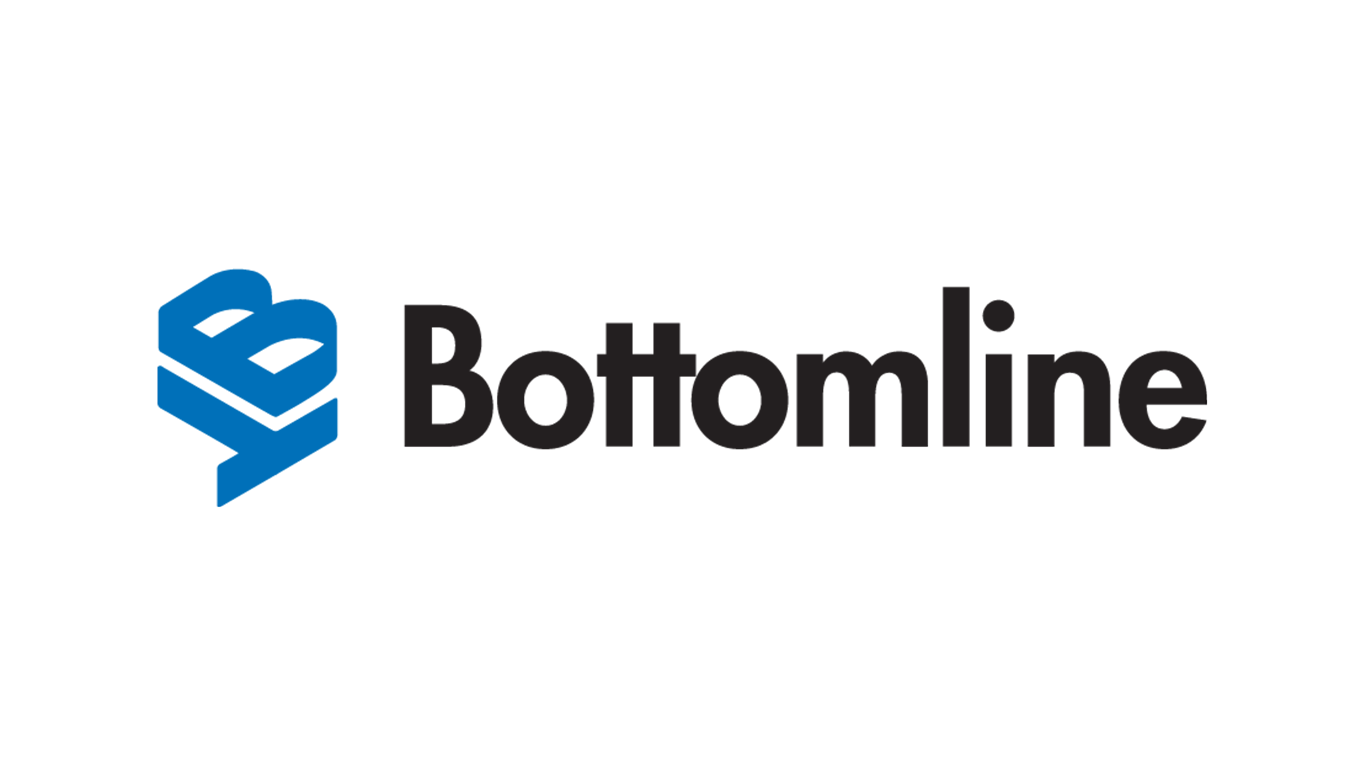
Bottomline, a leading provider of financial technology that helps make business payments simple, smart and secure, today announced the launch of Pay.UK’s Payer Name Verification service, offered through Bottomline Payments Services Limited, which will provide businesses with greater assurance that payments are being collected from the named account holder when processing Direct Debits.
Payer Name Verification is an expansion of Pay.UK’s Confirmation of Payee (CoP) name-checking service for UK-based payments, which launched in 2020. The CoP service has been successfully implemented by over 80 UK banks, building societies and other payment service providers (PSPs).
“Payer Name Verification extends Bottomline’s longstanding, culturally solid commitment to helping businesses fight threats on all fronts to a critical piece of the crime equation for Direct Debits,” said Omri Kletter, VP, Fraud & Financial Crime, Bottomline. The new service confirms the bank account details provided belong to the named business or individual, giving companies greater confidence that the Direct Debit is being set up by the actual account holder, helping to lower the risk of an indemnity claim.
“Introducing the same real-time fraud prevention service for payers is another assertive step forward in our global fight against fraud”, stated Kletter.
Payer Name Verification is readily available for customers looking to streamline account verification within their collections processes.
As a trusted method of paying regular bills, UK Finance’s last report cited 4.6 billion Direct Debits to the value of £1,243 billion being processed. For the companies collecting those Direct Debits, Payer Name Verification helps protect against the risk of chargebacks and reduces the costs associated with manually verifying account holders to ensure compliance with the Direct Debit scheme rules.
Related News
- 09:00 am
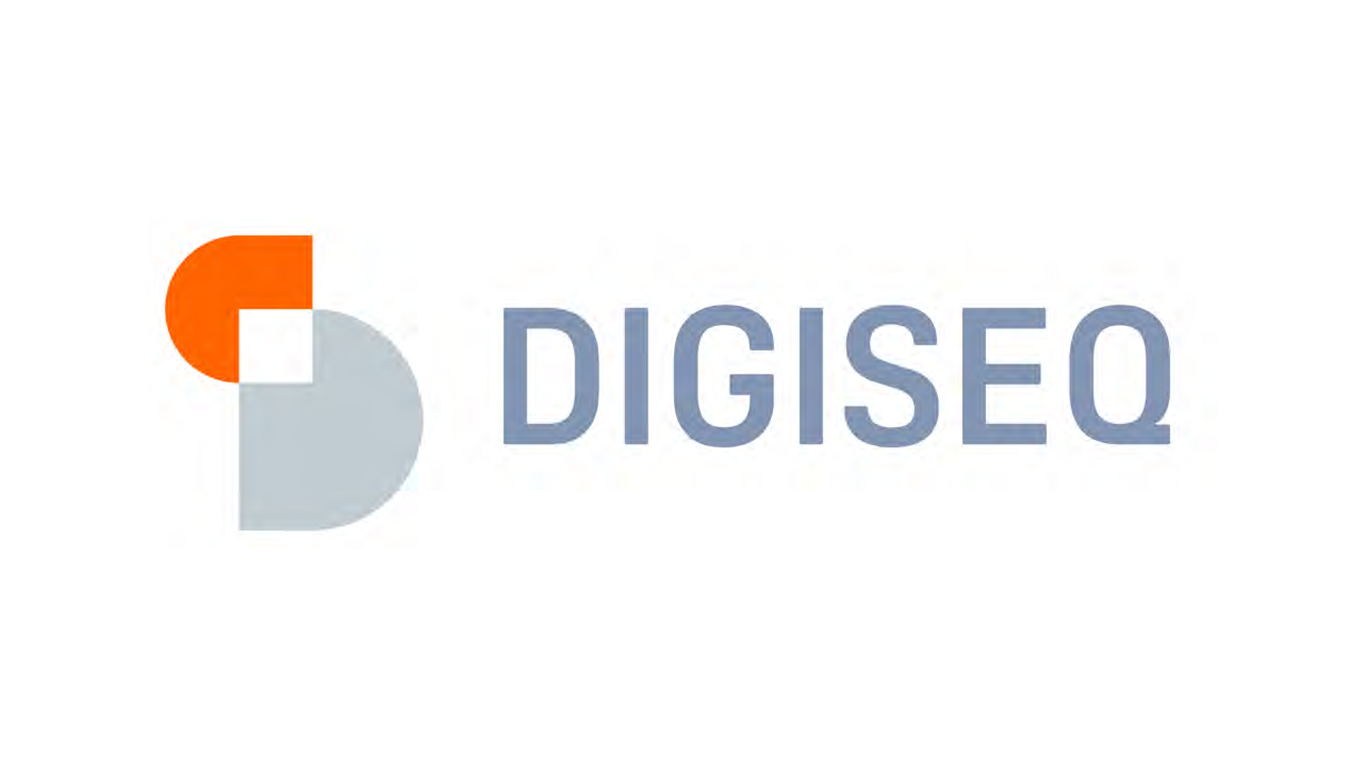
Iain Case, DIGISEQ Solution Integration Manager, says: “For the second year running, we’re thrilled to showcase the exciting possibilities of our wearable tech solution at Roland-Garros with our partners Payme Swiss. The speed of contactless payment, coupled with a sustainable, eco-friendly key fob that eliminates the need to produce plastic cards or tickets, is exactly what banks and non-bank brands need to forge deeper connections with their customers. DIGISEQ’s innovative wearable tech is creating new ways for millions of people to enjoy immersive experiences at their favourite sports events, with stylish, aspirational payment tech which stays with them wherever they go.“DIGISEQ’s wearable tech is already being used by major banks, luxury brands like Philippe Starck and events including the 2019 Golden Globes Awards. With our solutions having already helped to create unforgettable fan experiences at both Roland Garros and this year’s UEFA Champions League Final, we’re now seeing a surge of interest from sports clubs and venue operators that want to enable secure contactless payments and deeper fan engagement through wearable items.”
Related News
- 05:00 am

Flash, Egypt’s new cashless payments app, has completed a $6 million seed round led by Addition with participation from Flourish Ventures and other strategic angel investors. This funding will be used to accelerate the startup’s product development and customer & business acquisition in Egypt. Flash has also obtained approval from the Central Bank of Egypt in partnership with Banque Misr to operate as a technical payment aggregator.
Backed by the approval of the Central Bank of Egypt, Flash is a payment application that provides cashless payment solutions for consumers and businesses through a scan and pay service. The application allows consumers to make a purchase with their phones by adding any existing bank card or digital wallet on the app once and scanning a QR code that is presented by a business, in-store or on-delivery. Businesses can accept payments directly from consumers without the need for point-of-sale (POS) systems or technical integration. Flash was founded by Uber alumni Erik Gordon and Sherine Kabesh in 2021
According to Mordor Intelligence, around 80% of goods purchased online in Egypt are paid cash-on-delivery. Amongst other factors driving this, consumers prefer to receive the product before paying; however many businesses do not provide a POS option on delivery. Hence “Flash on Delivery”, whereby customers can simply scan a QR code presented by a delivery representative at the door. Customers ordering from businesses such as Homzmart, Rabbit Mart, Mori Sushi and many others will soon be able to pay using Flash on Delivery.
Speaking about the fundraise, Erik Gordon, Founder & CEO of Flash, said, “As a team, we are excited and proud to be launching a new contactless payment method in Egypt. Our mobile application removes transactional challenges for businesses looking for an easier solution than the POS. Our goal is to make payments easier, safer and faster for everyone. We are also excited to be releasing new features to help consumers make better spending decisions. We are humbled by this seed investment, which will enable us to invest in our product and business & customer acquisition, and utilise the valuable insights of our experienced investment partners to advance the economy of Egypt.”
Andrew Miskiewicz of Addition said: “Flash is transforming the payments landscape in Egypt, simplifying the complex transactional process for consumers and businesses with a safe and easy-to-use application. We look forward to supporting Flash and its leadership team as they continue to accelerate product development, expand customer bases and help promote financial inclusion.”
Ameya Upadhyay, Venture partner, Flourish Ventures added, “Flash’s vision to enable everyone in Egypt – merchants and customers alike – to receive and pay money instantly is a game changer. At Flourish, we invest in entrepreneurs who are passionate about creating a fairer financial system and we’re thrilled to back Flash – a rising fintech with a woman co-founder, and look forward to empowering the market with digital payments.”
In alignment with the Central Bank of Egypt’s financial inclusion strategy (2022-2025), Flash empowers the country’s population to seamlessly conduct transactions by transitioning from cash to digital. Backed by the approval of the Central Bank of Egypt, Flash customers can safely and easily make payments to businesses on the growing list of businesses within the app’s network. Businesses can accept payments directly from app users without the need for point-of-sale (POS) systems or technical integrations.
Speaking about CBE’s approval, Sherine Kabesh, Co-founder of Flash said “We are thrilled to have obtained a technical payment aggregator approval from the Central Bank of Egypt in partnership with Banque Misr. This strengthens our commitment to developing the cashless ecosystem, introducing new products, and diversifying our digital payment portfolio. It enables us to expand the scope of our digital financial products and reach millions of micro-entrepreneurs, driving growth and advancing Egypt’s digital economy.”
The Flash team has built a robust network of key ecosystem participants, stakeholders, and renowned global investors. As part of its growth strategy, Flash is seeking to expand strategic roles in its Engineering and Product teams.
Related News
- 09:00 am

The Consumer Technology Association® (CTA) and InspiredMinds (tm) flagship product World Summit AI (WSAI), the world’s leading AI event, are announcing a new partnership to co-locate CES Unveiled Amsterdam at global tech summit - World Summit AI this October. CES Unveiled Amsterdam will take place at the Taets Art & Event Park on October 12, 2023, the second day of the WSAI Summit, in partnership with the Dutch Ministry of Economic Affairs and Climate Policy. Amsterdam is a top global hub for technology innovation and this new partnership will serve as one of Europe’s most influential tech events.
“We are thrilled to partner with World Summit AI on CES Unveiled Amsterdam,” said Gary Shapiro, president and CEO, CTA. “Amsterdam is a global technology hotspot, with a focus on startups and tech advancements that bring real-world solutions to some of our most pressing global challenges. We are excited to bring exhibitors from across Europe together to show off cutting-edge innovations that will improve lives around the world.”
The theme for CES Unveiled Amsterdam is Tech for One World, with exhibits and conference programming focused on collaboration between industries and countries to solve global issues. Conference topics will include sustainability, the latest global tech trends, and what to expect at CES 2024. Owned and produced by CTA, CES® 2024, the world’s most powerful tech event, returns to Las Vegas from January 9-12, 2024.
World Summit AI is the largest recognised AI community globally and has become the most important summit on the planet dedicated to advancing strategies for AI development. Spotlighting the wide-ranging applications, potential risks, inherent benefits, and remarkable opportunities associated with AI advancements worldwide, WSAI has cemented its status as the definitive platform for shaping the future of this transformative technology.
“The state of AI currently calls for inter-disciplinary consensus from large scale communities. Amsterdam has been the home of WSAI - the world leading AI Summit - for seven years now and having recently announced that the Netherlands had won the bid once again to host World Summit AI in the tech capital of Amsterdam for three more years, I am beyond excited to share this announcement which demonstrates our intention to become a global force and the most influential AI summit in the world.” said Sarah Porter, CEO and Founder, World Summit AI and InspiredMinds.
“Tech is driving major change across every aspect of our lives and AI will be a leading topic of conversation at WSAI and on the road to CES 2024,” said Kinsey Fabrizio, Senior Vice President CES and Membership, CTA. "Our partnership with World Summit AI shines a spotlight on AI’s impact in Europe and around the world. We look forward to highlighting the latest innovations and tech trends at CES Unveiled Amsterdam.”
Registration for World Summit AI and CES Unveiled Amsterdam will launch on Wednesday, July 19th, 2023. For the latest, visit WorldSummit.AI. For more information on exhibiting at Unveiled Amsterdam contact exhibitsales@cta.tech
Related News
- 09:00 am
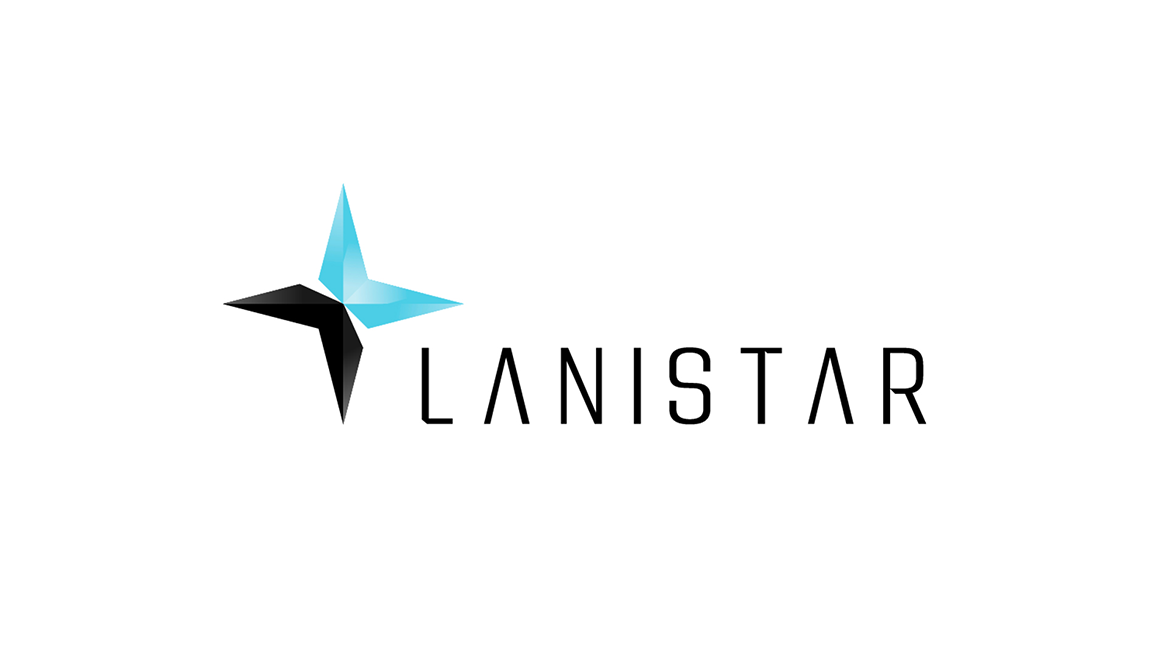
The case for countries adopting their own digital currencies continues to grow as cryptocurrencies surges in popularity. While regulation and integration of alternative and digital currencies are at the top of the agenda for policymakers, some countries are already making the move – the first being El Salvador.
In 2021, El Salvador entered uncharted waters adopting Bitcoin as legal tender as the country's second national currency. With remittance fees costing citizens over $400 million each year and a significant portion of its population unbanked, the nation saw the adoption of digital currency as an opportunity to open up access to other financial services for the first time.
Jeremy Baber, CEO of Lanistar said, “El Salvador should be commended for taking such a significant leap into the future. As the interest and demand for cryptocurrency continues to grow in the next decade, Salvadorans will remain in a favourable position to benefit from their increased exposure to crypto.”
Already, countries around the globe are taking steps to explore the reality of adopting crypto as a national currency. According to a study from the US think tank the Atlantic Council, approximately 98% of the global economy is now exploring digital versions of their currencies, with almost half in advanced development, pilot or launch stages. This includes all G20 countries, excluding Argentina. Yet nations are treading carefully, fearing that cryptocurrencies make it easier for criminals to launder money and are environmentally damaging due to the amount of electricity they generate.
Baber added, “It is no secret that the crypto industry is sometimes the target of criminals, but if countries were to nationalise crypto, targeted regulation that is measured and proportionate would create a safer environment for those who wish to enter the space.
“While nationalisation is no easy task, countries like El Salvador are already leading the way. For example, there can be a risk of monetary policy losing its influence as central banks cannot set interest rates on foreign currencies, so for nationalisation to become a reality, governments must work closely with blockchain in finance and cryptocurrency developers to put their best foot forward.
“Central Bank Digital Currencies (CBDCs) can strengthen the usability, resilience, and efficiency of payment systems and increase financial inclusion if designed appropriately. Countries should also focus on addressing what is driving the sudden spur in the crypto domain, including citizens’ unmet digital payment needs, and seek to improve transparency, by recording crypto asset transactions in national statistics."
In the case of crypto asset adoption, countries cannot import the credibility of the foreign monetary policy and bring their economy and interest rates in line with the foreign business cycle. Domestic prices of foreign goods and services could become unstable and fluctuate. Nevertheless, some developed nations such as Portugal actively support blockchain technology in public services, healthcare and supply chain management, following in El Salvador’s lead. This is attracting crypto enthusiasts thanks to the opportunity to use cryptocurrencies such as Bitcoin to pay for bills, taxes and luxury goods.
Baber concluded, “Now is the time to take a considerate approach to what the future of cryptocurrency looks like and to enable legitimate projects to flourish. After all, it’s important to remember that cryptocurrencies are just a decade old, while traditional currencies have evolved over hundreds of years. However, El Salvador’s adoption of crypto as a national currency is a significant step forward, and only time will tell when major players such as the US, China and the UK will take the first step themselves - and will no doubt be quickly followed by other nations.”
Related News
- 08:00 am

Temenos today announced that Canadian Tire Bank (CTB), the financial arm of Canadian Tire Corporation (CTC) – one of the largest Canadian retail companies – will adopt Temenos Banking Cloud to accelerate its core modernization. In 2022, Canadian Tire Bank chose the Temenos platform to replace its legacy core systems and is now extending its relationship with Temenos and moving to a Software-as-a-Service (SaaS) model. This will enable the Bank to deploy banking services more easily and launch new products faster to give customers seamless and more personalized experiences.
Canadian Tire Bank has a digital-first strategy to enhance customer acquisition, loyalty and engagement. Temenos Banking Cloud will help power new business models at scale by advancing the Bank’s digital capabilities and developing new products across CTC’s retail brands and more than 11 million active loyalty members.
Temenos Banking Cloud allows the Bank to move from a CapEx to an OpEx model and elastically scale based on business demand. This means that CTB only pays for what it uses and capitalizes on high availability and performance for peak loads or anticipated growth.
Canadian Tire Bank is one of the largest card issuers in Canada, with more than 2 million customers, over $6B in receivables and was recently ranked second in JD Power’s Canada Credit Card Satisfaction Study. As part of Canadian Tire Corporation’s Better Connected strategic growth plan to invest in its omnichannel customer experience, Temenos has already started working with the Bank to streamline digital account opening, enhance digital banking features, and extend Canadian Tire Bank’s existing Buy Now Pay Later capability for financing loyalty member spend.
Aayaz Pira, President, Canadian Tire Financial Services and CEO, Canadian Tire Bank, said: “Our plan for growth and customer engagement centers around best-in-class digital experiences and innovative products and services. The move to Temenos Banking Cloud will accelerate our digital transformation to advance our digital banking capabilities in service of further integration across Canadian Tire Corporation’s retail brands and its millions of active loyalty members. We will be well-positioned to offer a truly differentiated banking experience for our customers and fulfil our Brand Purpose of Making Life in Canada Better.”
Philip Barnett, President of Americas and Strategic Growth, Temenos: “We are delighted to expand our collaboration with Canadian Tire Bank as it pioneers new ways to support Canadians through innovative products and superior experiences. With Temenos Banking Cloud, Canadian Tire Bank can digitally transform on a trusted and secure platform that provides continuous updates to create new sustainable business models and massively scale faster than ever. North America is a strategic region for Temenos, and a market where we are seeing tremendous growth in SaaS. Our proven, highly scalable SaaS model together with robust localization and local operations is compelling for banks and credit unions of all sizes. We have invested heavily in our platform to assist our clients with ensuring compliance with Canadian and US regulations and our clients are seeing the benefit in speed to value with our pre-configured banking capabilities.”
Related News
- 06:00 am
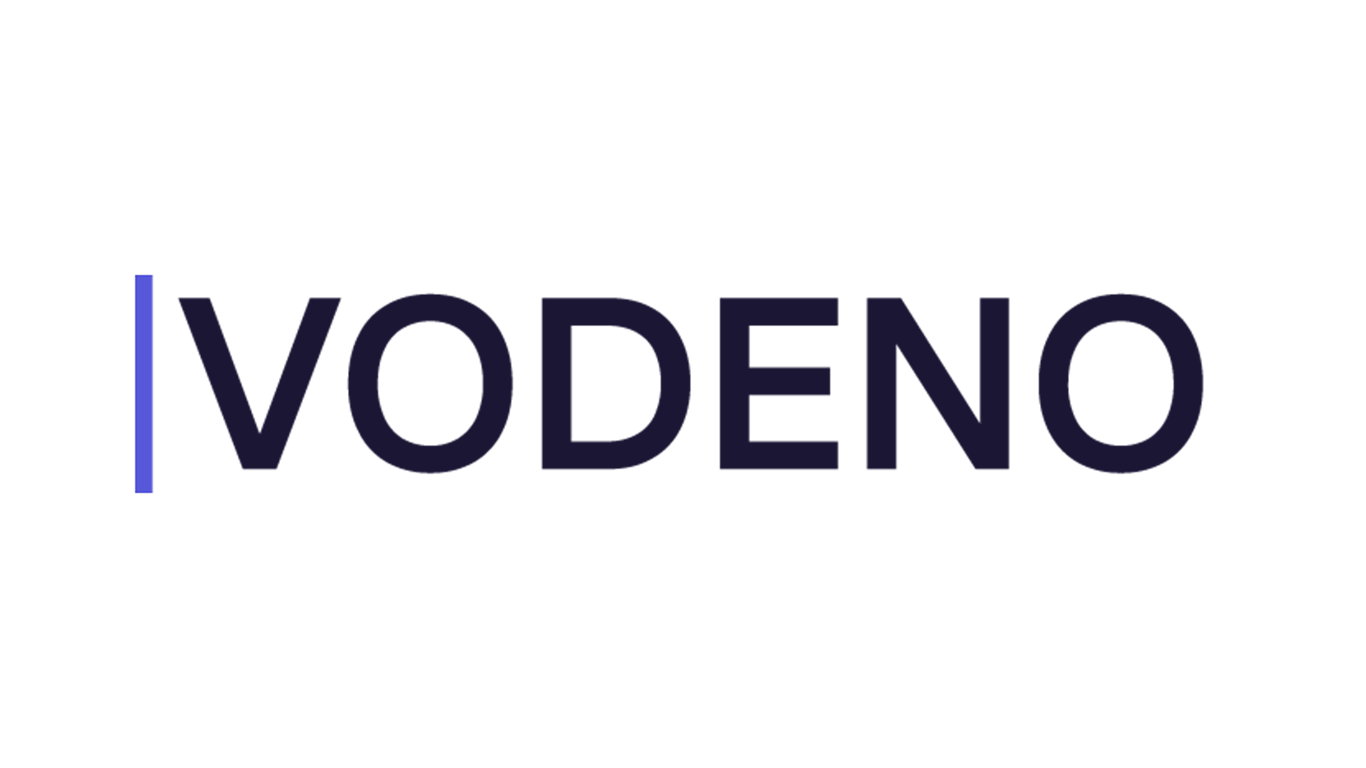
New research from Vodeno/Aion Bank has revealed how embedded banking adoption is significantly boosting brand loyalty for companies, with consumers more likely to use embedded banking products from brands as a result of the cost-of-living crisis.
The European Banking-as-a-Service (BaaS) provider's study revealed that over a third (37%) are more likely to seek out brands that offer BNPL and flexible payment options due to the high cost of living, with this figure rising to 50% in the 25-34 age range. Competitive prices are cited as the most important factor to 44% of consumers when it comes to their brand loyalty, closely followed by a good selection of products (43%).
The results highlight that the availability of embedded banking products directly in the websites and apps of consumer brands are starting to make an impact on customer loyalty, with two in five (40%) consumers say they will only stay loyal to brands that offer financial benefits like BNPL and cashback, with this figure rising to 50% among 25-34-year-olds. When it comes to engagement with loyalty programmes, just under half (46%) said they are more likely to use a brand's loyalty card to make purchases if it included BNPL. This figure was highest amongst the youngest consumers surveyed, rising to 53% for those aged 16-24 and higher still (65%) in the 25-34 demographic.
When consumers were asked how often they shop with their favourite brands, 19% of respondents said 'monthly' and a further 16% said 'once every two or three weeks'. However, among those who have used a brand's embedded banking product, 36% said they return to that brand's app or website between three and five times a month, with this figure rising to 43% among the 25-34 age group.
Vodeno/Aion's research highlights the commercial and loyalty benefits of embedded banking, with just under one quarter 23% saying they are more likely to recommend the brand to friends and family, while the same number (23%) said they are more likely to spend money with the brand over competitors.
Kim Van Esbroeck, Country Head for Aion Bank Belgium and Chief Revenue Officer for Vodeno/Aion said: "The benefits of embedded banking cannot be ignored, and our research offers strong evidence that consumers are not only using these products, but it is also positivity influencing their loyalty to BaaS-enabled brands.
Competition for the consumer has never been more fierce, particularly in these difficult financial times, and brands that offer flexible payment and lending options provide more choice, which can boost consumers' spending power when they need it most. Embedded banking is also making an impact on brand loyalty, with 43% of 25-34 year olds saying they shop more at brands that offer an embedded banking product. We have already seen how BaaS-enabled embedding banking is helping to innovate customer journeys, and it is clear the next area of disruption will be to supercharge brands' loyalty programmes."
Related News
- 08:00 am
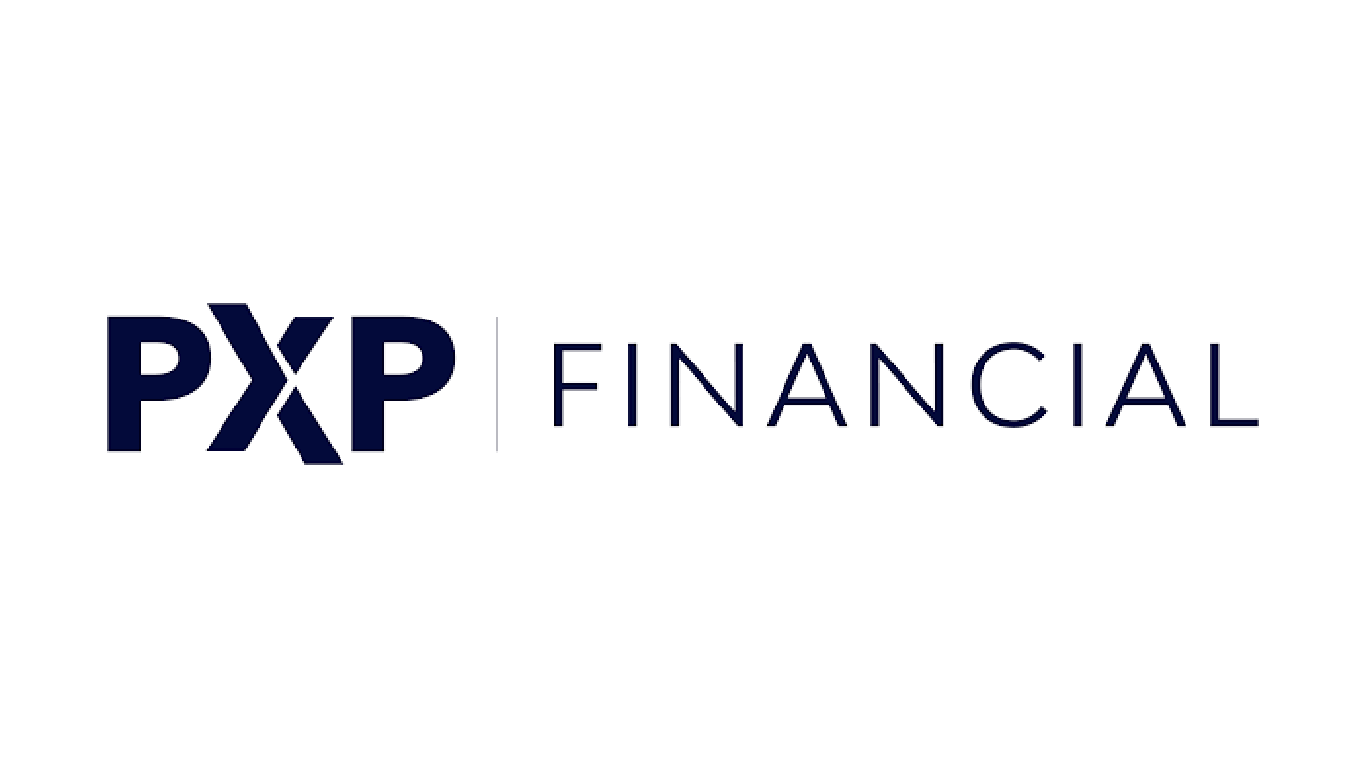
Kamran Hedjri, Founder and Group CEO of PXP Financial, said: “The payments ecosystem is in a state of transition, with fraud remaining a major challenge. Visa and others are driving significant changes to transition card payments to a fully digital future, underpinned by the security of payment tokens.“Here at PXP Financial, we focus on keeping our merchants at the forefront of important developments in the payments industry, especially where we can deliver tangible benefits to card acceptance rates and security.“As a result, and to comply with card scheme recommendations around the use and storage of card data, we are moving towards the general use of scheme tokens, where we successfully launched activation of Visa end of May.”
Hap Huynh, Vice President, Visa Digital Solutions, added: “The Visa Token Service brings trust to digital commerce innovation. As consumers come to rely on digital payments, VTS provides value-added services and essential tools to help increase authorization, reduce fraud and lead from the front. The incredible increase in token payments reinforces the idea that the future of money is indeed digital, and together with our partners at PXP Financial, we are excited to provide access to this cutting-edge technology to their customers.”









